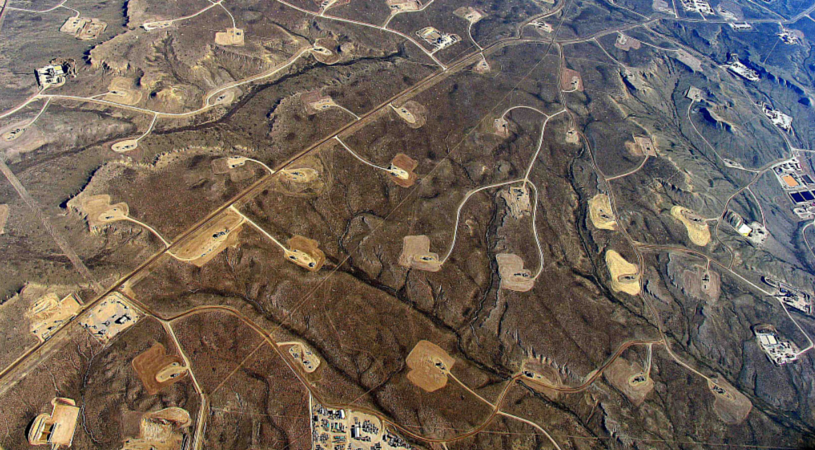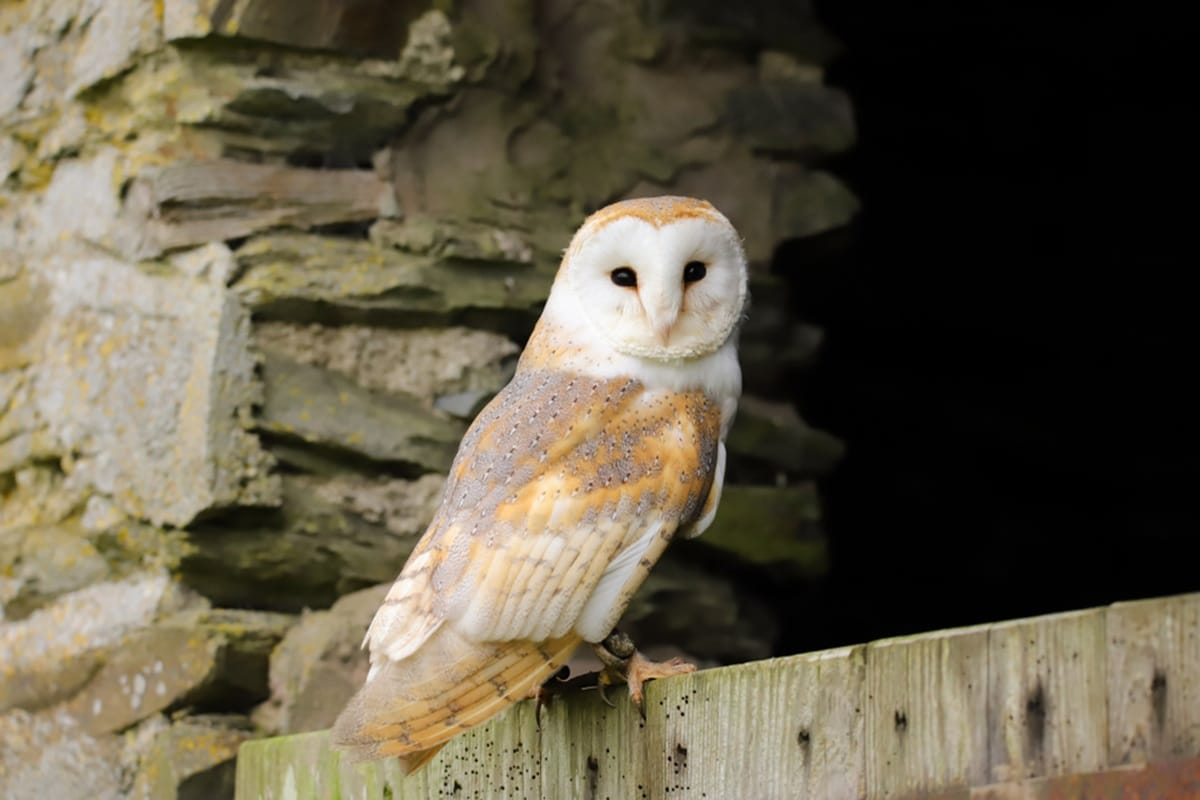
What have wind farms and fracking got in common? The National Trust don’t want them anywhere near their land. But while wind turbines are given the thumbs up in the right location by the UK’s largest land owner, fracking finds itself with a categorical no.
“At some imaginary point in future, if all [environmental] concerns were in some way met, it’s possible,” said director-general Dame Helen Ghosh, “but as far as possible [we] would want to avoid anything that encourages the continued use of fossil fuels.”
In a joint report with other wildlife and conservation groups, environmental regulations for shale gas exploration were deemed “inadequate”, and an outright ban in national parks was called for.
By far the greatest concern with fracking is the contamination of watercourses and aquifers. Thousands of water pollution complaints in the US, where the shale gas boom is in full swing, has led to uncertainty about industry safety claims.
While clean drinking water is of immediate concern, methane released during the fracking process is also a huge issue. A greenhouse gas 30 times more powerful than carbon dioxide, a report from April this year showed drilling sites in Pennsylvania releasing methane at 100 – 1000 times the expected rate.
With all this worry, it’s worth remembering that no one is fracking for fun; the gas in those wells is being extracted for a reason. We need to keep the lights on, and the Government has been pushing fracking as the magical double whammy: a quick fix for the energy crisis and the economic fug.
According to the American Enterprise Institute, shale gas added $76.9 billion to the US economy in 2010, expected to rise to $118 billion in 2015.
A report entitled Getting Shale Gas Working, funded by oil company Cuadrilla, says that an all-out dash for gas on our shores will be worth £3.7 billion to the UK economy and support 74,000 jobs.
Yet Bloomberg New Energy Finance says cost of extracting shale gas in the UK is expected to be 2 – 3 times more expensive than the US, not even factoring in new infrastructure costs, and “the rate of expansion of shale gas in the UK is likely to be too slow to offset fully the need to import gas. Even if UK shale gas can be produced at a cost below that prevailing in international markets, it will be higher-priced imported gas that will continue to set the price in the UK gas market.”
Even though Cuadrilla has already invested £100 million in UK gas exploration, they readily admit that the impact of fracking on domestic energy bills will be “basically insignificant.” And if shale gas booms, which is no guarantee, the price of gas will be reduced by only 2 – 4%, equating to approximately £12 – £25 per year.
Julia Groves, of renewable energy crowdfunding company Trillion Fund, says that fracking will simply continue to funnel money towards big oil companies and away from communities, doing nothing for the economy. She says, “The impact will be insignificant in the overall EU market. Competition is the only way to reduce bills, and that means decentralised energy. Profit for the many, not the few.”
Regardless of both environmental and economic concerns, the Government’s latest round of licensing has opened up more than half of Britain to oil and gas exploration, indiscriminate of national park status, and including the entirety of the Peak District, the UK’s first national park and the world’s second most visited. An analysis by Greenpeace showed that fracking licenses cover many water source protection zones and drinking water safeguard zones.
Perhaps more important than all of this, especially to the people in control of the fracking licenses, is that public support for fracking is in steady decline, hitting an all-time low of just 24% in August 2014. Despite the huge push by Prime Minister David Cameron, numerous MPs from his own party have insisted they would oppose fracking in their area. Former minister and Tory MP Nick Herbert warned that the countryside “cannot become a carelessly industrialised landscape”.
The economics may be shaky and the environmental safety uncertain, but the one thing that is for sure is that fracking is now very much politically toxic.
Feature Image “Fracking” Credit to Simon Fraser University Public Affairs and Media Relations, under attributed Creative Commons on Flickr. Caption: “In areas where shale-drilling/hydraulic fracturing is heavy, a dense web of roads, pipelines and well pads turn continuous forests and grasslands into fragmented islands.”






